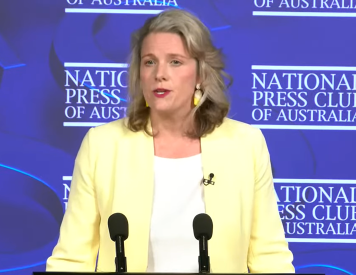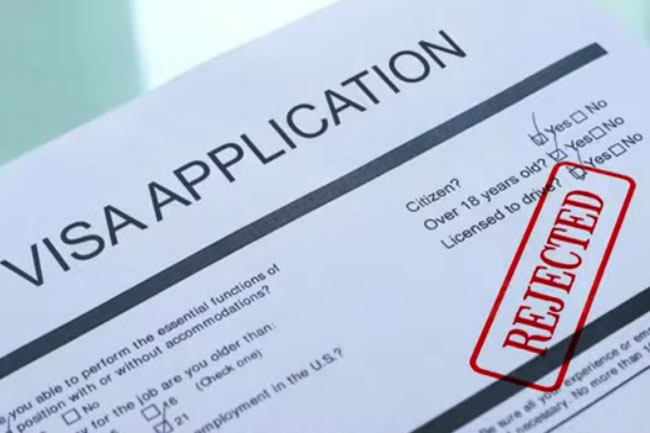There are indications that net migration has reached its highs and may begin to trend down, writes Abul Rizvi.
CURRENTLY, THERE IS much debate on whether or when current record levels of net migration may peak.
For the 12 months to September 2023, I calculate net migration was around 496,690 based on the following:
- December quarter 2022: net migration preliminary estimate of 108,800;
- March quarter 2023: net migration preliminary estimate of 152,200;
- June quarter 2023: net long-term and permanent movement estimate of 90,140;
- September quarter 2023: net long-term and permanent movement estimate of 145,550.
For net migration in calendar year 2023 to be higher than for the 12 months to September 2023, net long-term and permanent movements must be more than 108,800.
While the net long-term and permanent movement in the December quarter of 2022 was an all-time record, traditionally the December quarter tends to be a low quarter for net migration. This is due to a combination of:
- Australian and NZ citizens, permanent migrants and skilled temporary migrants departing (mostly temporarily) to visit family overseas; and
- Students who have completed their courses departing.
This is usually offset by the net arrival of working holidaymakers and visitors, some of whom may remain long-term and thus be included in net migration.
The factors that will drive whether net migration in the December quarter of 2023 is higher than the December quarter of 2022 will include the following:
- State of the labour market: a larger portion of students and working holiday makers, as well as skilled migrants, will be inclined to extend stay in Australia if the labour market remains strong;
- Impact of policy tightening of student visas since 1 July 2023: some of this will depend on enforcement of restricted student work rights as well as other tightening measures;
- Impact of more generous post-study work rights introduced from 1 July 2023 and whether the Government retains those policy settings; and
- Effectiveness of further policy tightening the Government announces as part of its forthcoming migration strategy.
Since February 2022, monthly offshore student visa applications set new records in every month until September 2023. In September 2023, offshore student visa applications were slightly below the record set in September 2022. In addition, it is clear that refusal rates for offshore student visas have now been ramped up. However, this is a very resource-intensive and unsustainable strategy.
The Government will need to implement new objective criteria that clearly target high-performing students whilst making low-performing students ineligible. One approach to this would be to use national exam results from the home country. For example, if a student has not achieved a national exam result enough to enter a top university or course in their home country, should they be eligible to study in Australia?
Suggestions to use capping of student visas would be a poor approach and should be discouraged. The suggestion of the Grattan Institute to triple student visa application fees would also represent bad policy as it risks discouraging high-performing students while attracting those prepared to pay more for a student visa, most likely to secure the associated student work rights to cover the additional costs.
Fundamentally, we need to rethink the objective of the student visa program. The primary objective should not be short-term revenue generation (either for universities or governments) but attracting the highest-performing students who will undertake high-quality courses and can subsequently contribute significantly to Australia over the long term should they choose to migrate and become Australian citizens.
That contribution is significantly greater than any short-term revenue generation.
Dr Abul Rizvi is an Independent Australia columnist and a former Deputy Secretary of the Department of Immigration. You can follow Abul on Twitter @RizviAbul.
Related Articles
- AFR fudges figures to foment anti-Albanese fervour
- Getting away with murder: Time to go after the tax evasion 'sharks'
- Questions loom over mooted parent visa reforms
- Under Labor, corporate executives to face 25 years gaol for workers killed
- OECD accused of pressuring Albanese Government to weaken tax evasion laws
 This work is licensed under a Creative Commons Attribution-NonCommercial-NoDerivs 3.0 Australia License
This work is licensed under a Creative Commons Attribution-NonCommercial-NoDerivs 3.0 Australia License
Support independent journalism Subscribe to IA.














